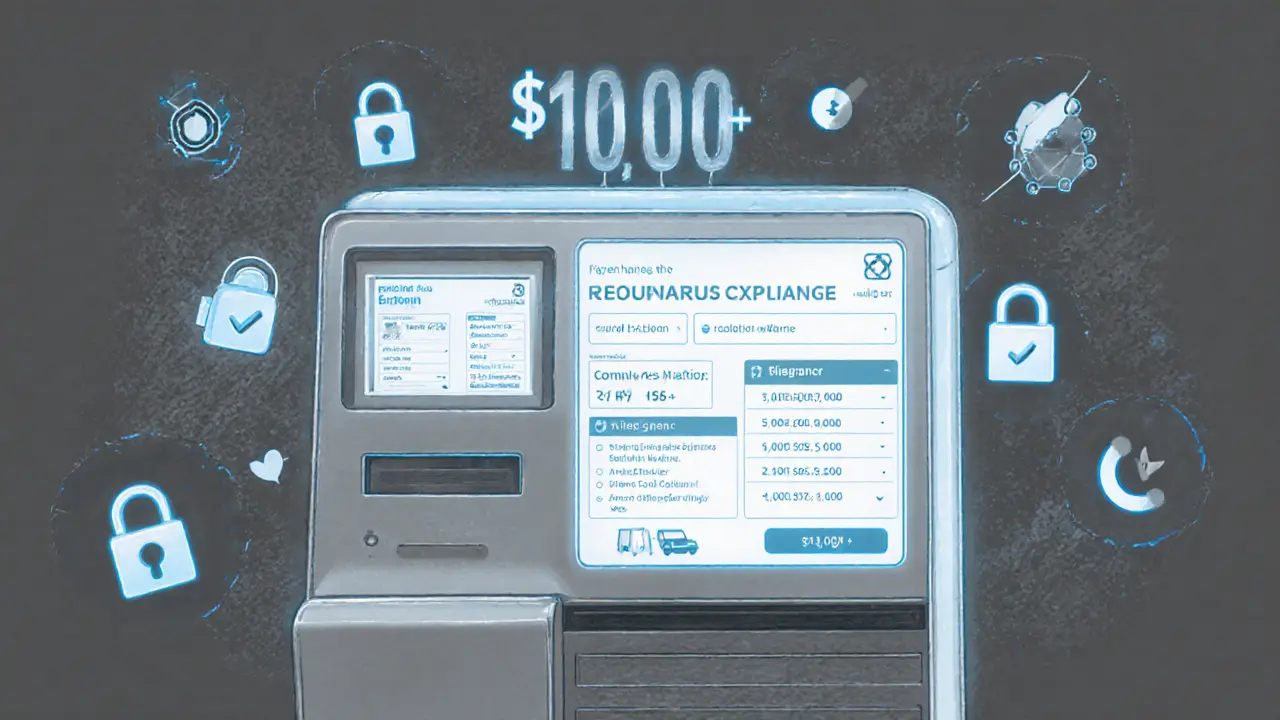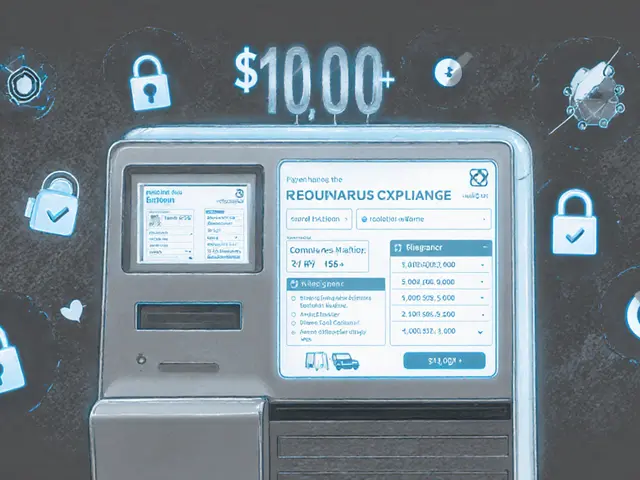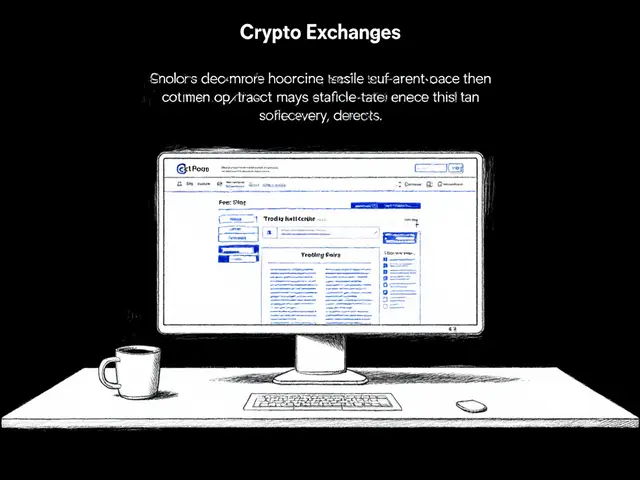VASP Requirements: What You Need to Know
When dealing with VASP requirements, the set of legal and operational rules that Virtual Asset Service Providers must follow. Also known as crypto service regulations, they shape how companies handle money‑laundering risks, customer verification, and reporting duties. Anti‑Money‑Laundering (AML), a framework that prevents criminal funds from entering the financial system and Know Your Customer (KYC), the process of verifying a user’s identity are core pillars of compliance. The Financial Action Task Force (FATF), the global body that sets AML standards also influences how VASPs obtain licensing in their jurisdiction.
Why AML and KYC Matter for Every VASP
VASP requirements encompass AML compliance, meaning every crypto business must screen transactions for suspicious patterns. This forces firms to adopt robust transaction monitoring tools that flag large or unusual moves. KYC procedures sit side by side with AML; without proper identity checks, a VASP cannot satisfy the “know your customer” duty. Together, AML and KYC create a safety net that protects users and keeps regulators happy. In practice, this means building a compliance checklist, training staff, and regularly updating risk‑based controls. Ignoring these steps often results in fines or revoked licenses.
The FATF guidelines influence VASP licensing by setting a baseline for what regulators expect. Many countries have translated FATF recommendations into local law, so a VASP’s licensing process now includes proof of AML/KYC systems, record‑keeping, and reporting capabilities. A strong licensing regime signals to investors that the service is trustworthy. It also reduces the risk of being shut down unexpectedly, which can cripple a trading platform or wallet provider.
Implementing a compliance program starts with a clear risk assessment. Identify the types of customers you serve, the jurisdictions you operate in, and the volume of transactions you process. From there, draft internal policies that outline how AML checks are performed, how KYC data is stored, and who is responsible for filing suspicious activity reports. Regular audits keep the program on track and demonstrate good faith to regulators.
Technology can ease the burden of VASP requirements. Blockchain analytics platforms scan addresses for links to known illicit actors, while automated KYC services verify IDs in seconds. Integrating these tools into your onboarding flow cuts down manual work and reduces human error. Many vendors also offer real‑time monitoring dashboards, so you can spot red flags before they become problems.
Reporting obligations are another key piece of the puzzle. Once a suspicious transaction is detected, the VASP must file a report with the appropriate financial intelligence unit. The report typically includes details about the parties involved, the amount, and why the activity looks odd. Keeping accurate records for at least five years is common practice, ensuring regulators can review historic data if needed.
Exchange reviews, wallet assessments, and DeFi platform audits often hinge on how well a service meets VASP requirements. A platform that skims on AML checks or skips KYC will quickly earn a red flag in any security review. Conversely, services that publish transparent compliance policies and show a clean regulatory history tend to attract more users and institutional partners.
Looking ahead, VASP requirements will keep evolving as new financial products emerge. Expect tighter rules around stablecoins, more granular reporting for high‑frequency traders, and greater cross‑border cooperation among regulators. Staying ahead means monitoring policy updates, engaging with industry groups, and continuously refining your compliance stack.
Below you’ll find a curated list of articles that dive deeper into each of these topics—exchange reviews, airdrop compliance, regulatory updates, and practical guides—to help you navigate the complex world of VASP compliance with confidence.
International AML Standards for Crypto: What You Need to Know in 2025
International AML standards for crypto now require exchanges to share user data on transactions over $1,000. Learn how FATF rules, MiCA, and the Travel Rule shape global compliance in 2025 - and what it means for users and businesses.
View MoreVARA Crypto Licensing Requirements in Dubai: A Complete 2025 Guide for VASPs
Learn the latest VARA crypto licensing rules for Dubai in 2025. Understand capital requirements, AML rules, and how to get approved for virtual asset services.
View More





